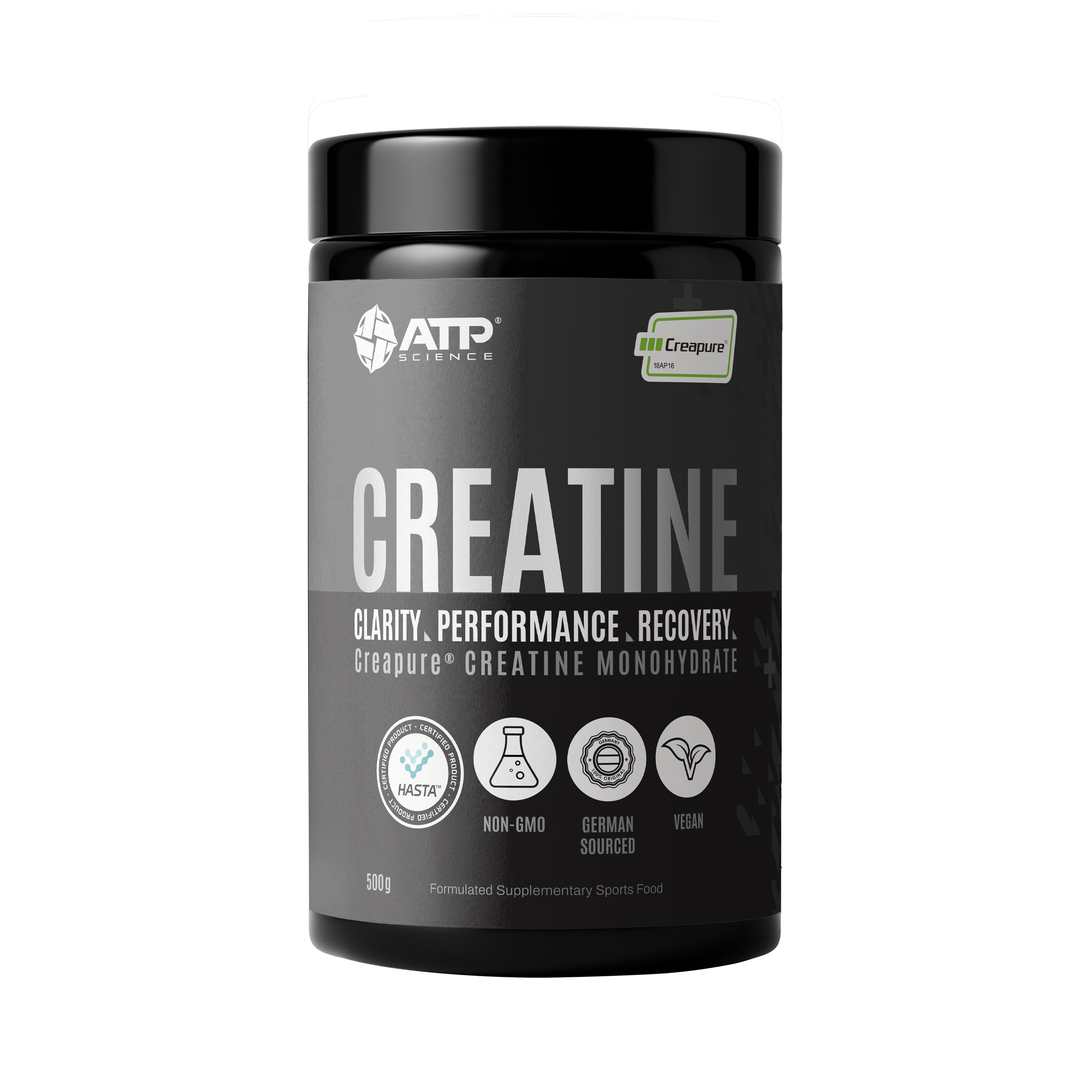Multitasking – only the elite brains can manage this right!? Something we have all bragged about being able to do or lied about on our resume… be honest! Is it as heroic and bragworthy as we once thought though?
Calling out all you multi-tasking braggers
Yeah, you, the bragger pretending they aren’t procrastinating while looking busy and acting flustered. We see you, time to debunk your methods, sorry… according to Theo Tsaousides book – ‘overcoming the 7 hidden barriers to success’ [1], multitasking actually takes your brain from 100% focus and instead acts on putting that it segments that divides up the 100%; so in none of those activities you’re doing, are you giving 100% focus.
Here comes the next hitter… Stanford researcher, Clifford Nass has even gone as far as to confirm that those who multitask are actually likely to be worse than monotaskers when it comes to sorting out relevant and irrelevant information detail.[2] “People who multitask all the time can’t filter out irrelevancy. They can’t manage a working memory. They’re chronically distracted.” – Nass [2]
They do also appear to show greater difficulty switching from one task to another and were far less mentally arranged task wise. Even when chronic multitaskers consciously tried to focus on one task, they just simply couldn’t, their brains were just not efficient at it.[3]
Multitaskers have the poorer memory retention
In a study conducted through Stanford University, by Wagner, he stated the following, “In one test, we show a set of oriented blue rectangles, then remove them from the screen and ask the subject to retain that information in mind. Then we’ll show them another set of rectangles and ask if any have changed orientation. To measure memory capacity, we do this task with a different number of rectangles and determine how performance changes with increasing memory loads. To measure the ability to filter out distraction, sometimes we add distractors, like red rectangles that the subjects are told to ignore.” – Wagner.[4]
Students performed several tasks, including that of numbers and letters, switching back and forth constantly. Heavy multitaskers were less effective at filtering out any irrelevant stimuli coming in, whereas those who were rarely multitaskers or only lightly dabbled had no issue staying focused and on task with what was asked.
Are multitaskers doomed for all multitasking eternity?
While it does seem to be more like a trait now in a small percentage than just a state you self-elect to be in, you are not in fact doomed. This was seen in the revisit of the “cocktail party phenomenon” where people recognized their name in an otherwise ignored auditory channel and thus shifted their immediate attention to listen in for the last continuing partial to the once ignored auditory channel they had not noticed before. Only 34.6% of the participants did this, however, showing that it was not in all of our capacity to be able to peak this level of interest and focus switch in what has once assumed a mute auditory channel.[5]
Also visited, in the “isolation of a central bottleneck” of information processing with time study of multitasking. When humans attempt to perform two tasks at once, the execution of the initial task leads to a deferring of the second. This task time delay appears to result from a bottleneck where information from two response selections and or decision-making operations are being attempted to be executed.
Where the occurrence of the lacking capacity in the posterior prefrontal cortex of the brain and that of the superior medial frontal cortex are unable to initiate the process of two decision-making instances at the same time.[6] This leads to interference and distortion, and ultimately inefficiency. But this can be approached over time to improve on this trait if you feel that this is you.
Who’s to blame for our incessant multitasking habits?
Well, us, but more so our new adaption to a very quickly advancing constant media stream. We have now more than ever, continuous distractions coming in left-right, and center. Things always clambering for our attention. Picture the average office environment each hour for on average 8 hours a day:
- 2 x screens with information on either side, sliding windows to either side, opening, and closing.
- Email notification pop-ups that require you to close a window and check, you find the answer and reply. Then you remember there was another email you needed to get back to on, so before you forget, you quickly reply to that.
- The phone rings before you get to hit send, so you’re on the phone semi listening to the person while you coordinate clicking send.
- You forget what the person said on the phone as the introduction, so you half-heartedly pretend you missed the start and ask again. You write down their details and go to pass on their information to the relative person to call back.
- By then you forget what you had originally set as your task and decide its lunchtime.
Sound familiar? We have to find a way to structure our days so that constant information streams coming in are not constantly shuffling our cards of focus.
Overcoming the habit/trait of doing too much at once…
In most multitasking studies conducted on participants it came to the attention there were two main channels that differed. Heavy Media Multitaskers (HMM) and Light Media Multitaskers (LMM). The heavy media Multitaskers were the type to find it difficult to maintain focus on one task at a time whereas the light had next to know the issue.
Altering your access consciously of where your media channels are coming from will greatly differ your capacity for focus on a task. Multitasking is not anywhere near as efficient as we once thought. Unless it has become somewhat autonomous like changing gears while driving a car, your decision-making input has maintained that focus on the road is key and changing gears is autonomous without thought through practice and repetition. So, cutting down stimulus and retraining how you apply your attention is key.
- Put a timer on your phone for 30 min intervals and only pick it up once the timer has gone off. Focusing on the task at hand during this block. Repeat and continue.
- Opt for singular stimulus tasks like reading a book and leave anything digital out of reach, again allocate a block of time and start there.
- When training or exercising – pop your phone on airplane mode during and don’t scroll in between sets, your workouts will be much shorter, and less time is wasted.
Things like this make all the difference to shifting a habit formed over the last decade of having a constant incoming feed of stimulus. Come up with ways you can swap some tasks to focus on only one at a time, lists work great for this!
References
- https://www.penguin.com.au/books/brainblocks-overcoming-the-7-hidden-barriers-to-success-9780735205451
- https://www.goodreads.com/quotes/8772305-efforts-to-deepen-your-focus-will-struggle-if-you-don-t
- https://www.pnas.org/content/106/37/15583
- Cognitive control in media multitaskers Eyal Ophir, Clifford Nass, and Anthony D. Wagner PNAS September 15, 2009 106 (37) 15583 15587; https://doi.org/10.1073/pnas.0903620106 Edited by Michael I. Posner, University of Oregon, Eugene, OR, and approved July 20, 2009 (received for review April 1, 2009)
- Wood, N., & Cowan, N. (1995). The cocktail party phenomenon revisited: how frequent are attention shifts to one's name in an irrelevant auditory channel? Journal of experimental psychology. Learning, memory, and cognition, 21(1), 255–260. https://doi.org/10.1037//0278-7393.21.1.255
- Dux, P. E., Ivanoff, J., Asplund, C. L., & Marois, R. (2006). Isolation of a central bottleneck of information processing with time-resolved FMRI. Neuron, 52(6), 1109–1120. https://doi.org/10.1016/j.neuron.2006.11.009
- https://cdn.shopify.com/s/files/1/0623/8280/1126/t/14/assets/description_image_Lee_Mindy_Final_20Thesis_redacted.pdf?v=1646486259?sequence=1
- https://neuroscience.stanford.edu/news/how-does-media-multitasking-affect-mind
- When senses meet functions: an amodal stage in conceptual processing Keng-yu Lin& Shiao-hui Chan Pages 64-75 | Received 25 Dec 2017, Accepted 11 Dec 2018, Published online: 20 Dec 2018. https://doi.org/10.1080/20445911.2018.1560299


















